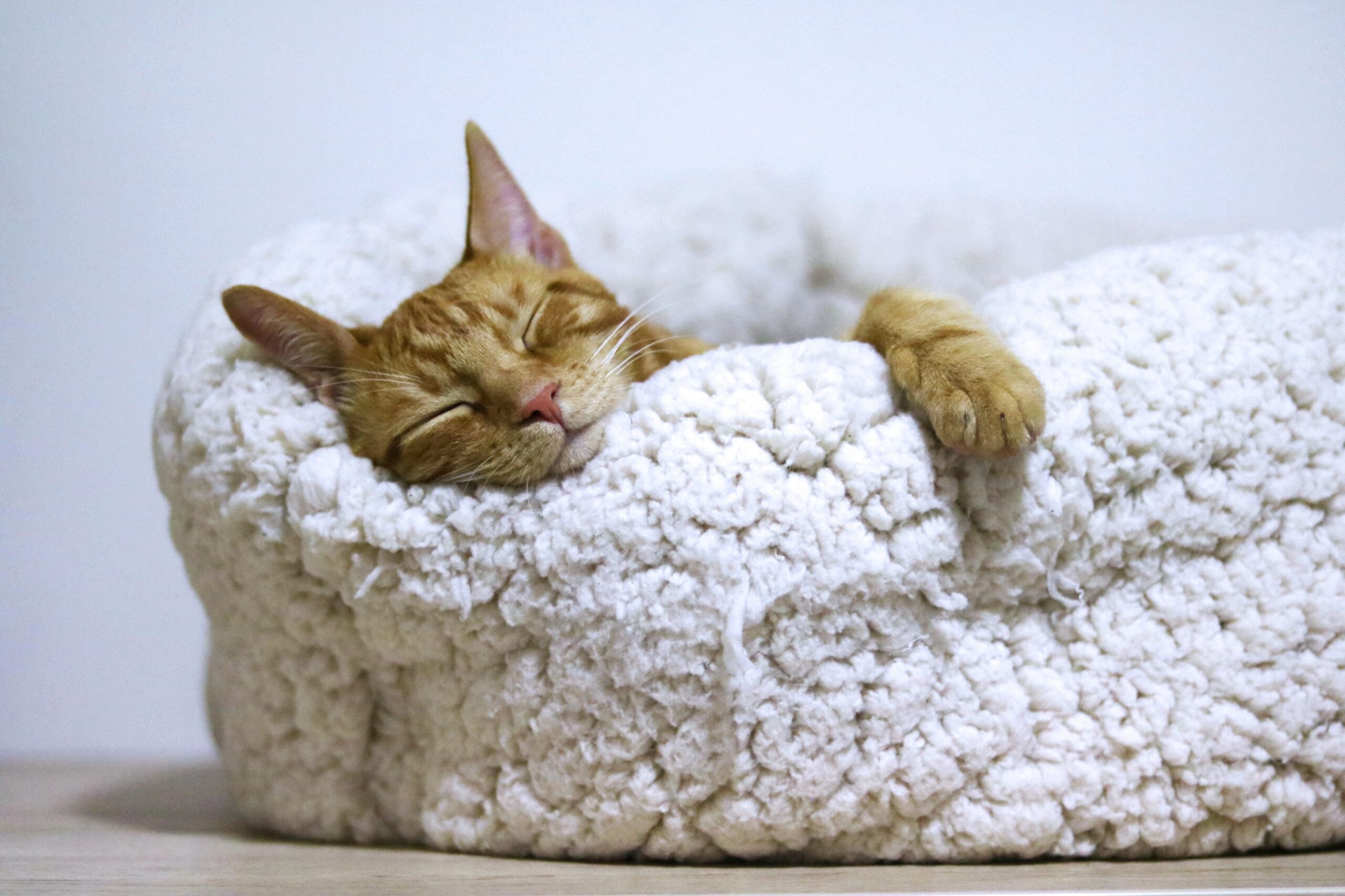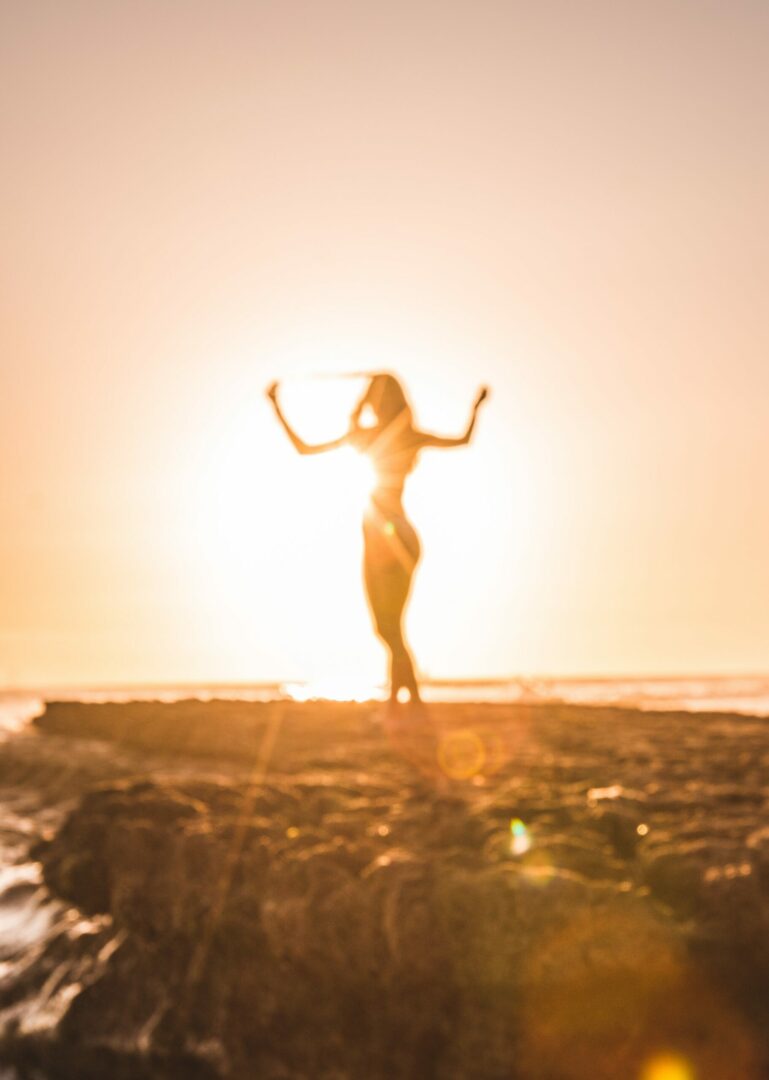There’s no need to explain the fact that a good night’s rest is important for our well-being.
During sleep, the body’s repair processes are running at full speed.It helps us become fit and attractive, literally overnight. However, if you have a hard time falling asleep, or toss and turn during the night—and get upset about it to boot—the nightly calm and flow that contribute to your quality of life get disrupted.
Sleep disturbances have different causes. From serious illnesses to psychological stress to the belief that you’re simply not capable of sleeping well. I especially want to encourage those of you who fall into that last category. Thats why I want to share my ideas about how to get a good night’s rest.
In the post “How You Can Lower Your Biological Age”, I describe the conditions for creating a sleep-friendly lifestyle.
Apart from the temperature, darkness and noise levels in the bedroom, it’s the little things that can make a big difference in the quality of your sleep.
Here’s my recipe for a good night’s sleep:
- Take a 15-minute walk shortly after waking up—and once again after dinner.
- 1 hour before bedtime: Turn off or put away all the electronic devices you think you can’t live without.
- On days when you exercise, take 400 mg of magnesium after dinner, which helps relax the muscles and make you sleepy.
- On exercise-free days, have 1 cup of tea with sleep-inducing herbs in the evening.
- Before lying down, do a 10-minute meditation at the edge of the bed.
- If you wake up during the night, breathe deeply into your stomach several times. Count to 10 when you exhale. In between breaths, repeat the word “stop” in your head.
- After a particularly exciting day, a tablet of high-dose (1000mg) valerian can help you calm down and sleep better.
Good night!



